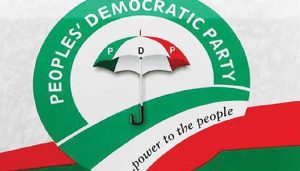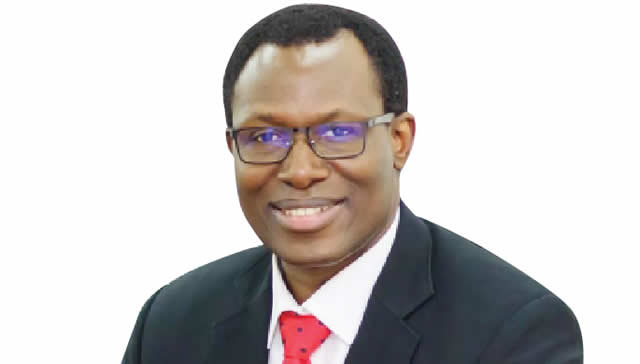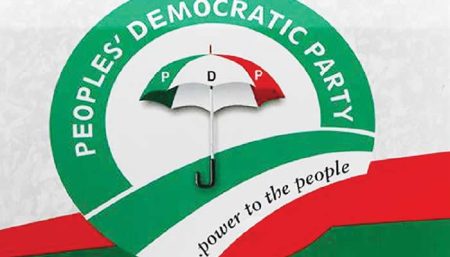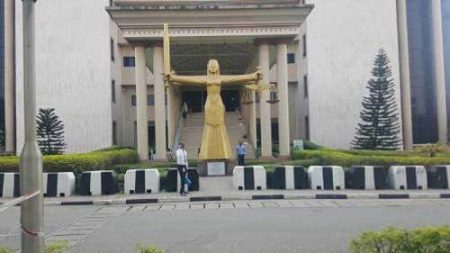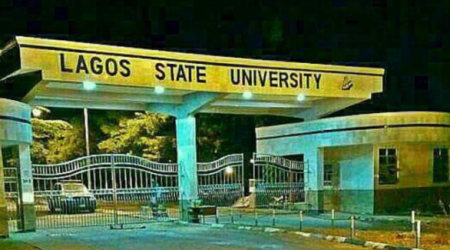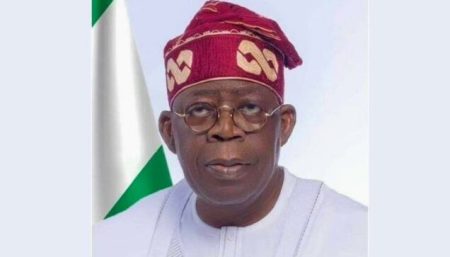The protracted dispute between telecommunications operators and commercial banks in Nigeria over unpaid Unstructured Supplementary Service Data (USSD) fees appears to be nearing resolution. After years of contention, telecom companies have reported recovering 95% of the approximately N180 billion owed by the banks. This significant progress marks a crucial step towards stabilizing a vital financial service channel for millions of Nigerians, particularly those in underserved areas with limited internet access, who rely heavily on USSD for mobile banking. The Chairman of the Association of Licensed Telecommunications Operators of Nigeria (ALTON), Gbenga Adebayo, confirmed the positive development, indicating that only three banks remain indebted, and all three have committed to structured repayment plans. This commitment offers a promising outlook for the complete resolution of the financial dispute and ensures the continued availability of USSD services.
The five-year standoff originated in 2019 when telecom operators accused banks of withholding payments for USSD services rendered. Telecom companies own and maintain the infrastructure for USSD, a technology that allows users to access banking services via simple text commands, while banks leverage this infrastructure to provide services to their customers. By the end of 2024, telecom operators had reportedly provided over N200 billion worth of USSD services without receiving full compensation. This substantial discrepancy triggered a series of threats by telecom operators to disconnect USSD services, actions that were consistently averted due to interventions by financial and communications regulators, highlighting the critical importance of these services to the Nigerian public. The failure of banks to remit payments created a significant financial burden on telecom operators and threatened the sustainability of the USSD platform.
In an effort to address the payment issues and ensure continued service, a new billing model has been introduced. This model, known as end-user billing, permits telecom operators to directly deduct the standard N6.98 fee per 120-second USSD session from users’ mobile airtime balance. Importantly, the deduction occurs only after the user receives and approves a prompt to opt into the service, ensuring transparency and user consent. While migration to the new model remains optional for banks, those choosing to retain the older corporate billing arrangement must fulfil two crucial conditions: complete clearance of all outstanding debts and timely remittance of all future service fees. This dual requirement incentivizes banks to adopt the new model while ensuring that telecom operators receive due compensation for their services, irrespective of the billing method chosen.
The rollout of the end-user billing model represents the latest development in the ongoing saga. This shift signifies a significant departure from the previous billing structure where banks deducted fees from customer accounts but often failed to remit these funds to the telecom operators. While the transition to the new model is still ongoing, early indications suggest a positive reception. One major Nigerian bank has successfully adopted the end-user billing system and has reported positive initial results, paving the way for other institutions to follow suit. This successful implementation demonstrates the practicality and potential of the new billing structure to resolve the long-standing payment dispute and ensure the long-term viability of USSD services.
The resolution of the USSD debt crisis and the introduction of the end-user billing model have been widely welcomed by stakeholders. The National Association of Telecoms Subscribers (NATCOMS), representing the interests of mobile phone users, has lauded the development as a much-needed reform, emphasizing the increased transparency and accountability it brings. The new model directly addresses the core issue of non-remittance of funds by banks, ensuring that telecom operators receive payment for services rendered. This direct payment structure eliminates the intermediary role of banks in the billing process, simplifying transactions and reducing the potential for disputes.
The progress made in resolving the USSD debt issue signals a positive development for the Nigerian financial landscape. The near-complete recovery of outstanding debts, coupled with the implementation of the end-user billing model, promises to stabilize a crucial financial service channel for millions of Nigerians. The commitment by the remaining debtor banks to structured repayment plans further reinforces the optimistic outlook for the complete resolution of the dispute. This positive trajectory not only benefits the telecom operators and banks involved but also safeguards the accessibility and affordability of mobile banking services for a substantial portion of the Nigerian population, particularly those in rural areas who rely heavily on USSD for their financial transactions. The successful resolution of this dispute underscores the importance of collaboration between stakeholders and the effectiveness of regulatory interventions in ensuring the stability and accessibility of essential financial services.



